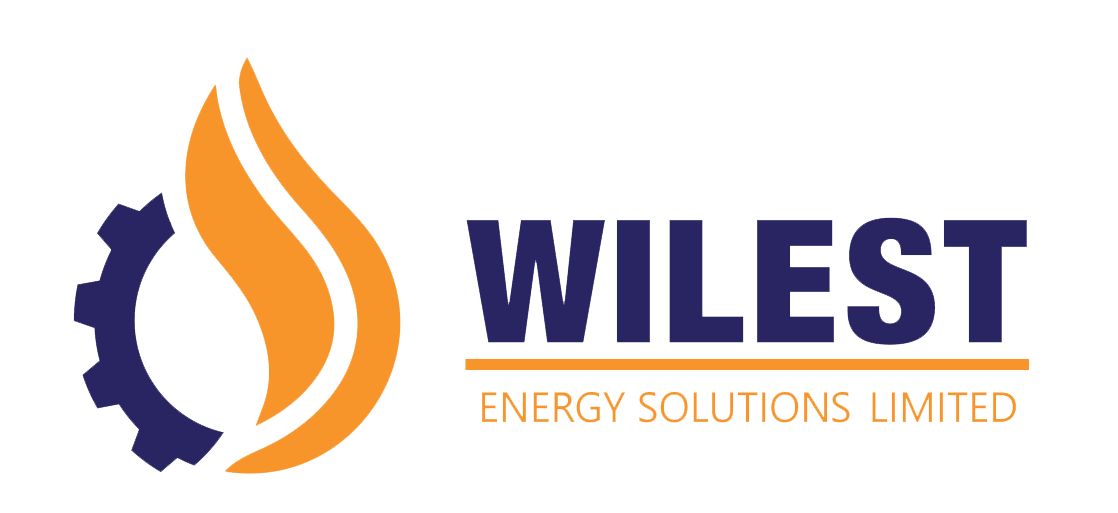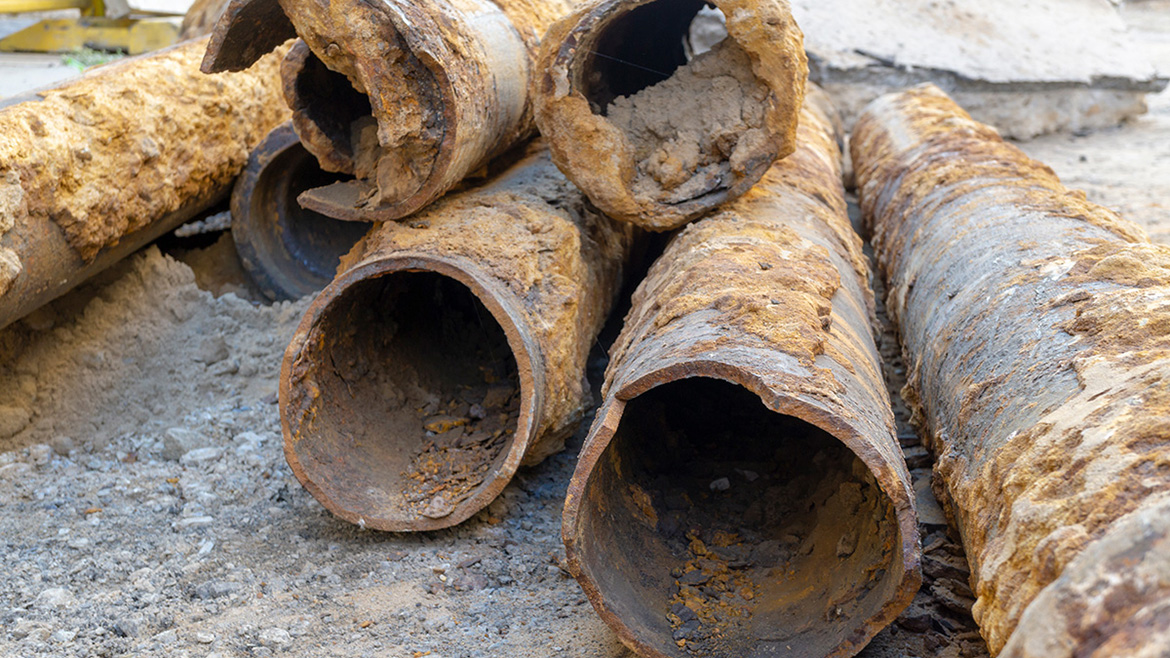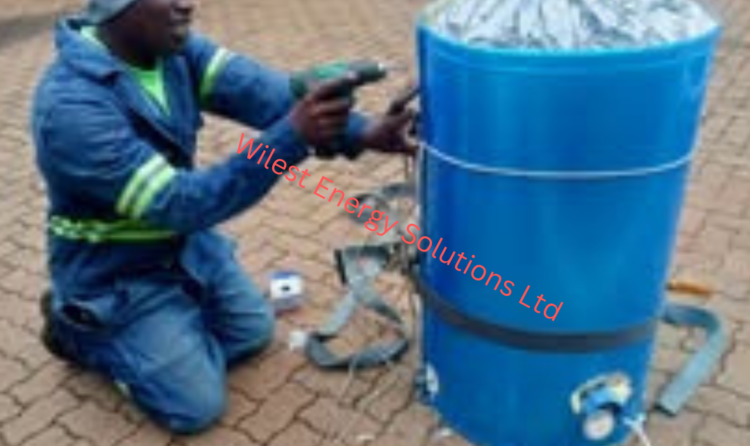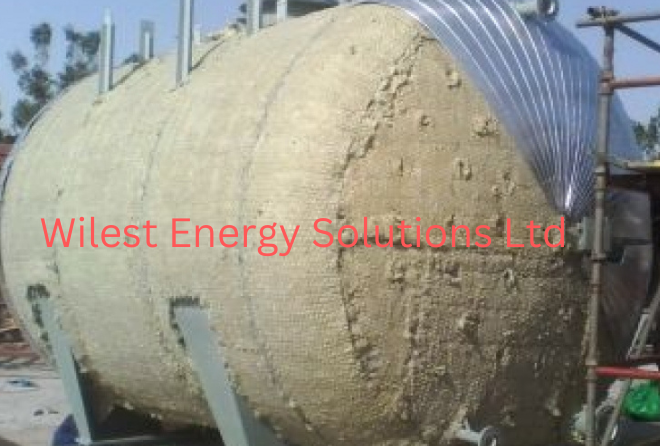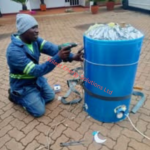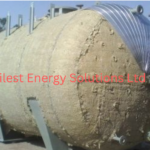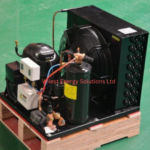Understanding the Impact of Boiler Feedwater Impurities and How to Address Them
Boiler feedwater plays a crucial role in the efficient and reliable operation of industrial boilers. However, it is often overlooked that the quality of feedwater can significantly impact the performance, lifespan, and overall efficiency of a boiler system. In this article, we will delve into the various impurities that can be present in boiler feedwater, their potential consequences, and the measures that can be taken to mitigate them.
Understanding Boiler Feedwater Impurities:
Boiler feedwater impurities refer to any contaminants or substances present in the water that is supplied to a boiler for steam generation. These impurities can originate from various sources, including natural water sources, untreated municipal water, and the corrosion of equipment and piping within the system. The following are some common boiler feedwater impurities:
- Dissolved Oxygen: Dissolved oxygen is a major concern as it can cause severe corrosion in the boiler system. Oxygen can enter the feedwater through leaks, air infiltration, or improper water treatment. Corrosion can lead to the formation of rust, pitting, and ultimately, structural damage.
- Suspended Solids: Suspended solids include particles such as dirt, sediment, and debris that are not dissolved in the water. These solids can accumulate in the boiler, causing fouling, reduced heat transfer efficiency, and potential damage to the internal components.
- Alkalinity and Hardness: Alkalinity and hardness are typically caused by minerals present in the feedwater, such as calcium and magnesium. These impurities can result in scale formation on heat transfer surfaces, reducing the boiler’s efficiency and potentially leading to overheating and tube failures.
- Chlorides and Sulfates: Chlorides and sulfates are common impurities found in many water sources. If not properly controlled, these impurities can cause corrosion, stress cracking, and embrittlement of boiler materials, compromising the integrity of the system.
Mitigating Boiler Feedwater Impurities:

To ensure optimal boiler performance and longevity, it is essential to implement effective strategies for mitigating feedwater impurities. Here are some key measures:
- Water Treatment: Implementing a robust water treatment program is crucial. This may include processes such as filtration, softening, demineralization, and deaeration to remove impurities and control their levels within acceptable limits.
- Regular Testing and Monitoring: Regular testing of feedwater for impurities, pH levels, alkalinity, and conductivity is vital for early detection of potential issues. Continuous monitoring using appropriate instrumentation can help maintain water quality parameters within the desired range.
- Chemical Treatment: Applying chemical additives can aid in preventing corrosion, scale formation, and microbial growth. These treatments, such as oxygen scavengers, pH adjusters, and scale inhibitors, should be carefully selected and applied based on the specific needs of the boiler system.
In conclusion, boiler feed water impurities can have significant consequences on the performance and longevity of industrial boilers. Understanding the various impurities and their potential effects is crucial for implementing appropriate measures to mitigate these issues. Wilest Energy Solutions Ltd is dedicated to providing comprehensive boiler services, including installation, repair, design, and maintenance. With their expertise, they can assist in ensuring that your boiler system operates at its peak efficiency, helping you avoid costly breakdowns and maximize your equipment’s lifespan.
Don’t compromise on the health of your boiler system. Contact Wilest Energy Solutions Ltd today and experience the benefits of professional boiler services tailored to your needs.
